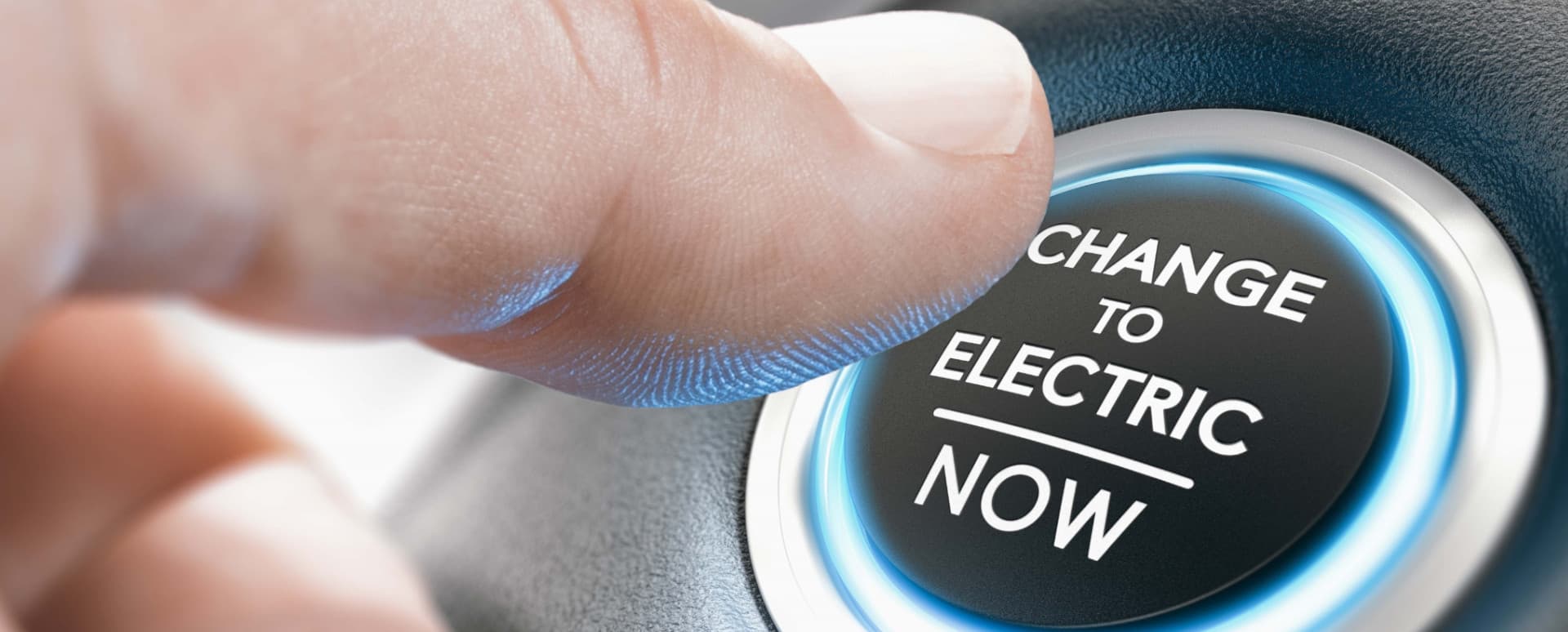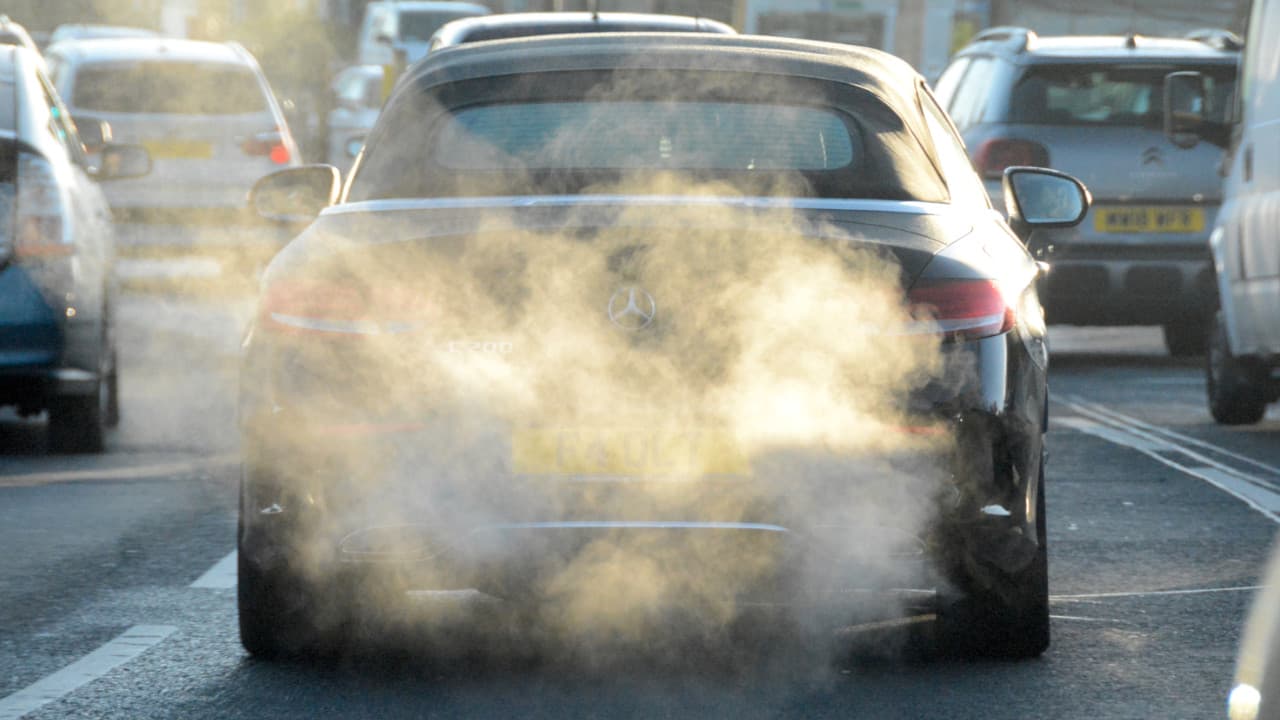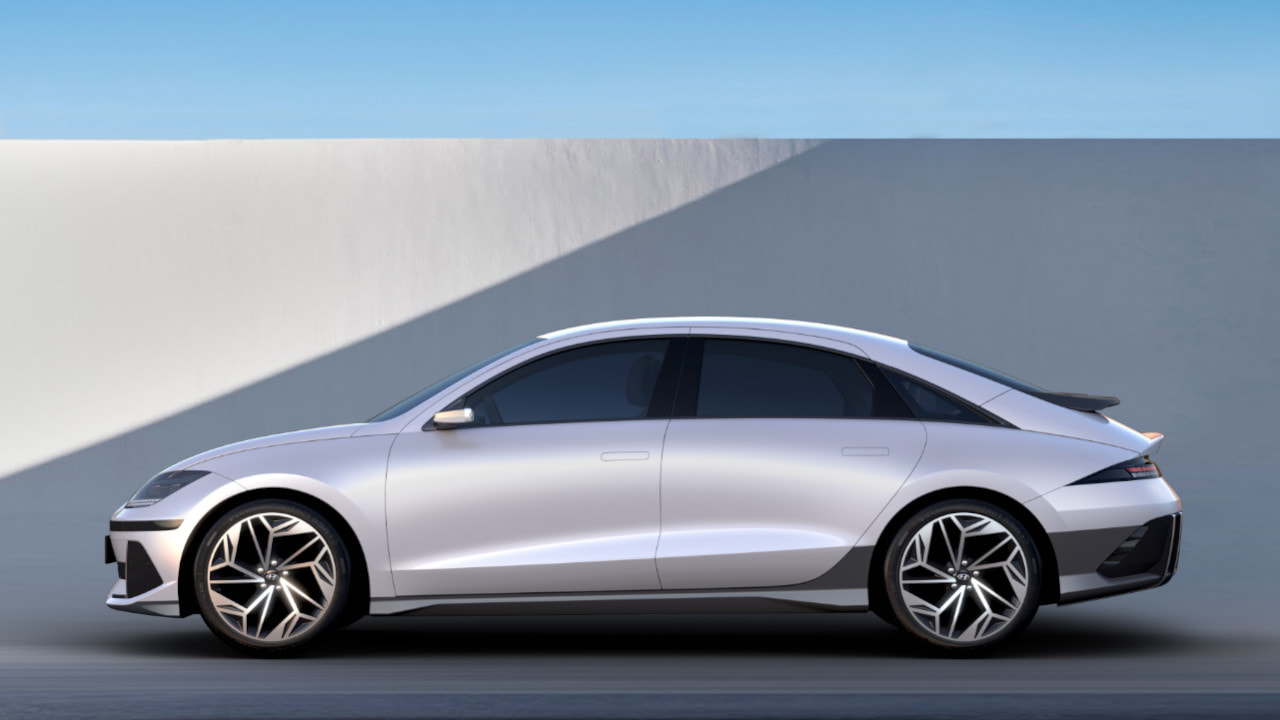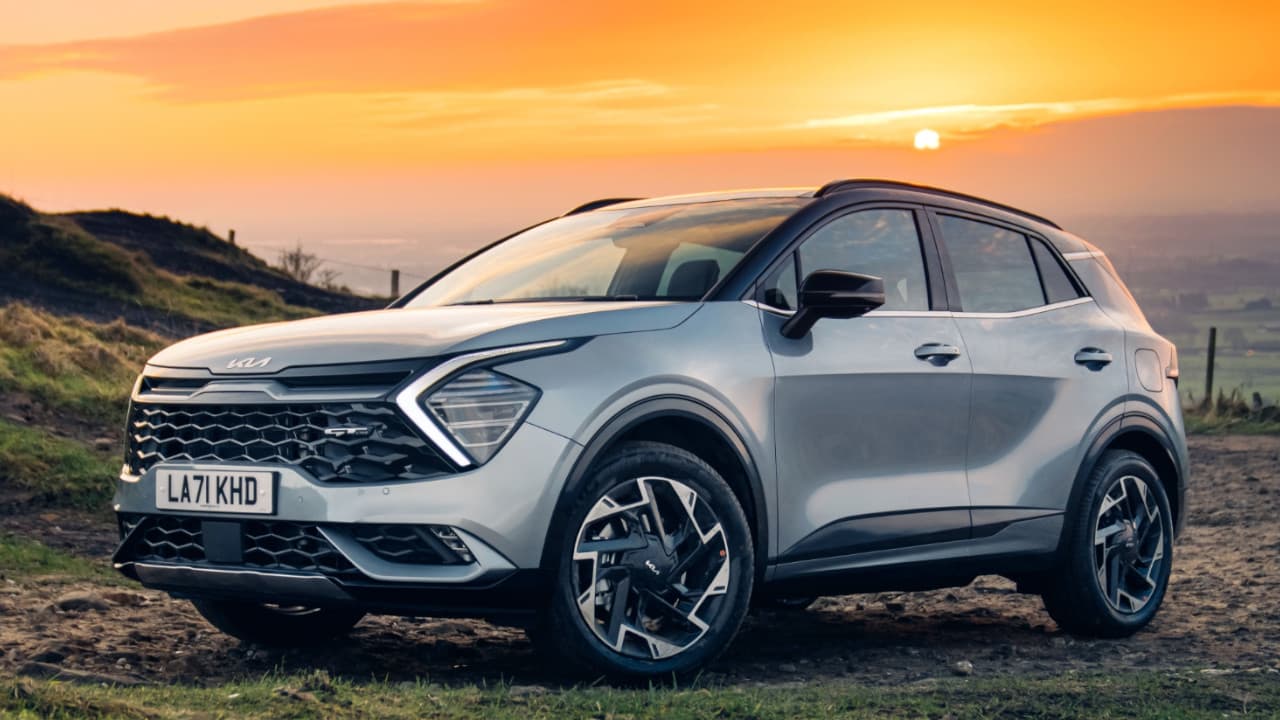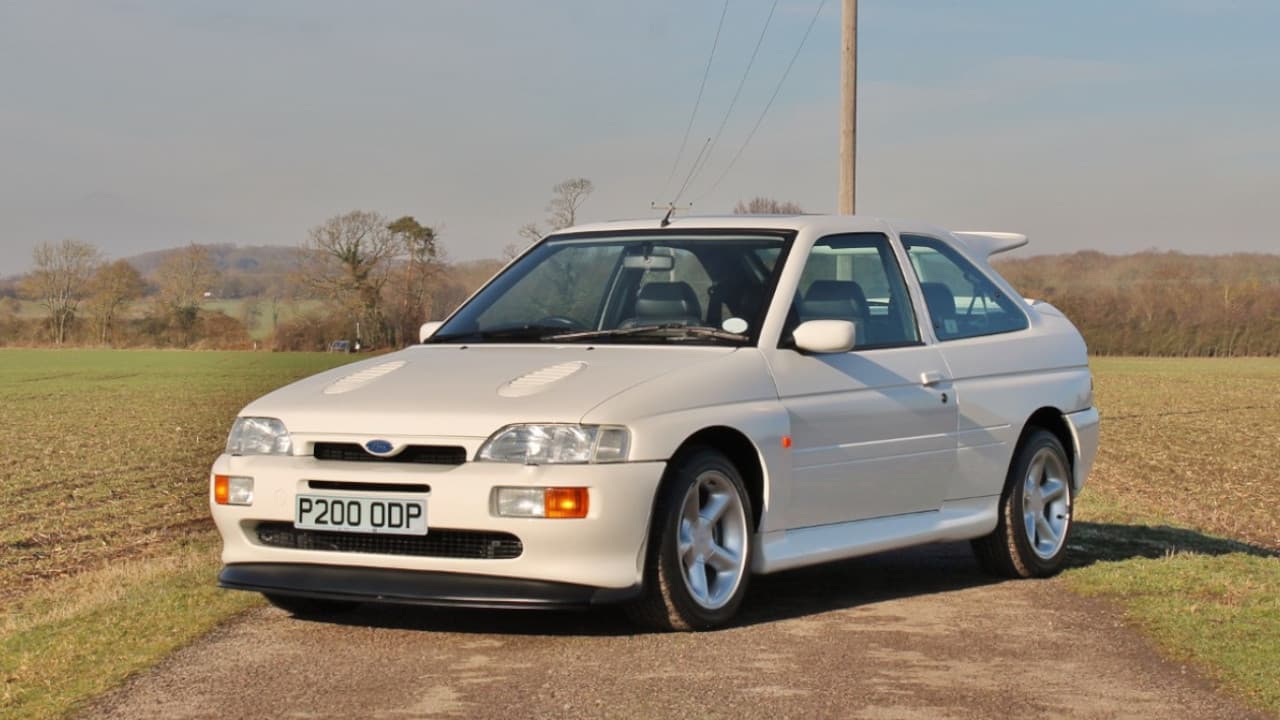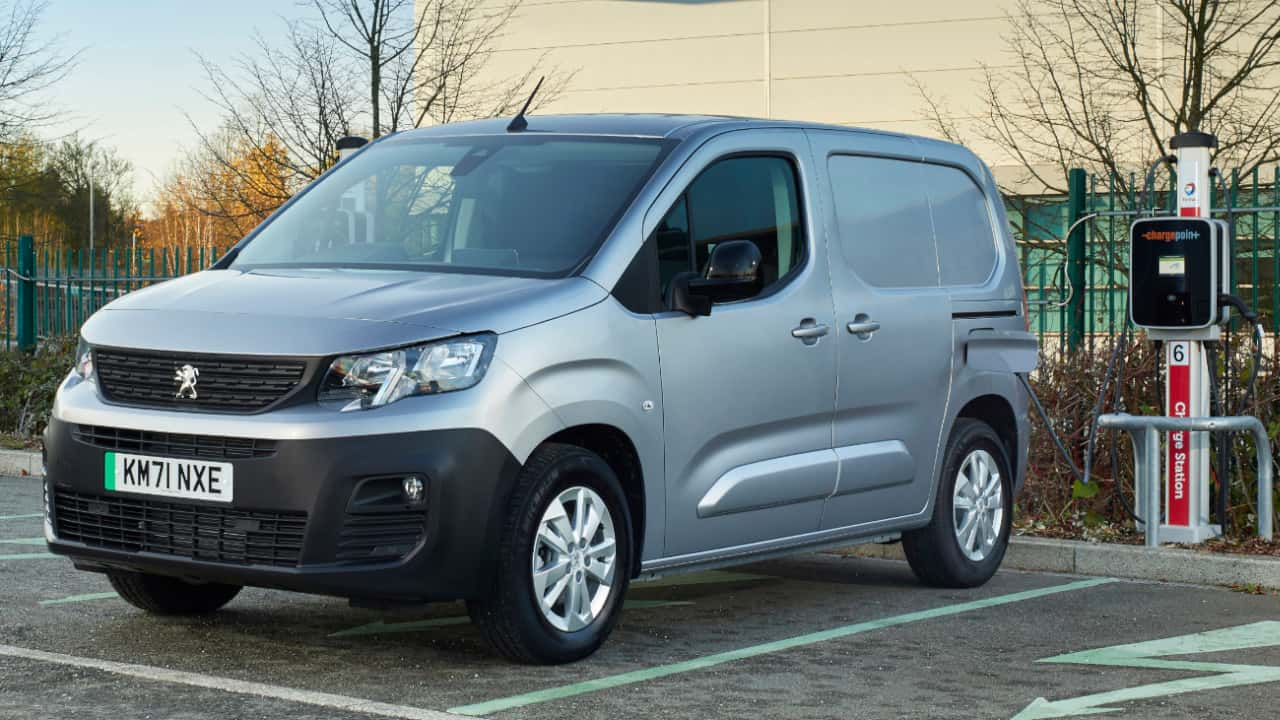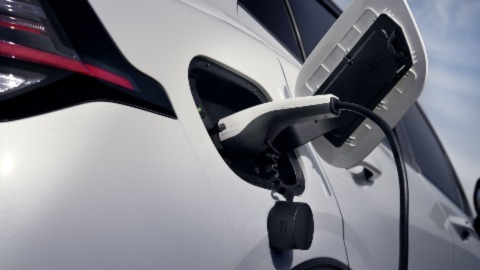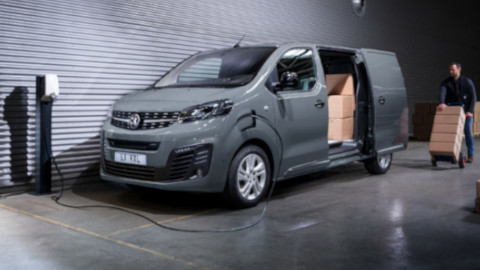What is the 2035 Petrol and Diesel Car Ban?
23rd Jan 2024
Why is the 2035 petrol and diesel car ban happening?
Essentially, all new cars sold in 2035 and beyond in the UK must be electric. This is a proposal made by the UK government towards manufacturers, to help lower the UK's total emissions.
Originally due to come into effect from 2030, the petrol and diesel car ban has now been delayed until 2035. You don't need to worry too much if you currently own a petrol or diesel car, as this will only affect brand-new cars sold from 2035 in the UK, and will not affect used cars.
It does, however, pose a few more questions about the 2035 petrol and diesel car ban, which we have given insight into below:
- Can I still drive my petrol or diesel car from 2035?
- Will the date likely change again?
- Is it still worthwhile buying a petrol or diesel car?
- Will my petrol or diesel car lose value?
- Does the ban effect other vehicles?
Can I still drive my petrol or diesel car from 2035?
Many motorists may be thinking about their current car, especially if it uses a petrol or diesel internal combustion engine.
The good news is that you will still be able to drive your existing petrol or diesel car, as it only affects brand-new cars sold from 2035. You will also still be able to buy used petrol and diesel cars from 2035.
New cars from 2035 will have to, by law, be electric, if sold in the UK. You will still be allowed to buy used petrol and diesel cars from 2035, however they may come with increased running costs, as congestion charges, the cost of fuel and servicing costs may increase due to them essentially being old technology.
Will the date likely change again?
The ban was originally set for 2030, having been proposed back in 2020. It's now been pushed back to 2035, so there's always a chance it could get pushed back again, especially with manufacturers looking at synthetic fuels and other fuel alternatives.
The evolving state of the electric car and infrastructure of course will also play a major part if the date changes again. This is because the electric car has indeed become much more affordable, more advanced and of course more impressive (Hyundai IONIQ 6 pictured), but has the UK infrastructure evolved with it?
There's no doubt there are some excellent facilities for electric cars, featuring rapid charging stations, and manufacturers like Tesla making their network available to other manufactures which certainly helps, but there are still critics expressing concern that the UK simply isn't ready for more and more electric cars.
Of course, this should hopefully change the more time goes on, and the closer we get to 2035 you'd imagine the infrastructure to have become more suitable, especially as there is over a decade for it to prepare.
Is it still worthwhile buying a petrol or diesel car?
In short, it's still very much worthwhile buying a petrol or diesel car like the popular KIA Sportage pictured, especially if it suits your lifestyle (SUVs continue to be popular). This is because the internal combustion engine is a familiar part of the car and peoples lives.
Electric cars still pose many questions for potential buyers, but as we get closer to 2035, it's likely more and more consumers will switch if they're in the market for a new car, especially if the electric infrastructure gets stronger and more advanced.
But this does now pose a question for the values of petrol and diesel cars.
Will my petrol or diesel car lose value?
Cars, whether you're buying them new or used, will depreciate. Unless you happen to be buying a certain classic car or maybe a limited edition supercar, which can actually appreciate due to a number of reasons. Then there's nostalgia and the 'they'll never make anything like this again' effect, which causes some cars to rise in value, like the Ford Escort Cosworth pictured.
But, as we approach the 2035 ban, we will probably see the vast majority of 'every day' cars lose value, especially if they're old - taking a lot to keep them running with maintenance and the shift towards zero emission electric driving.
Of course, enthusiasts, nostalgia and other factors can still keep old petrol and diesel car values strong, but for everyday run-of-the-mill cars, perhaps not so much.
But nothing is certain, especially with the ever-changing automotive world.
Does the ban affect other vehicles?
Yes, along with cars, the ban will also affect van sales too.
Luckily, quite a few manufactures are already offering electric vans, including those represented by Evans Halshaw, with Citroën, Ford, Peugeot (pictured), Renault and Vauxhall all offering electric vans already, with their ranges set to include more electric offerings in the future too, especially with the constant evolution of electric technology.
A lot of companies, especially those with large fleets such as delivery companies, have already made a significant switch to electric, which looks to keep growing the closer we get to the 2035 deadline.
Find your perfect new or used car with Evans Halshaw
No matter if you're after a petrol, diesel, hybrid or electric car, Evans Halshaw have some of the latest state-of-the-art new cars for sale, along with a fantastic selection of used cars too.
And at the moment, there are some fantastic electric cars that already provide excellent range and technology, which will be more than suitable come 2035.
To learn more about other current automotive topics, why not check out our dedicated blog.

